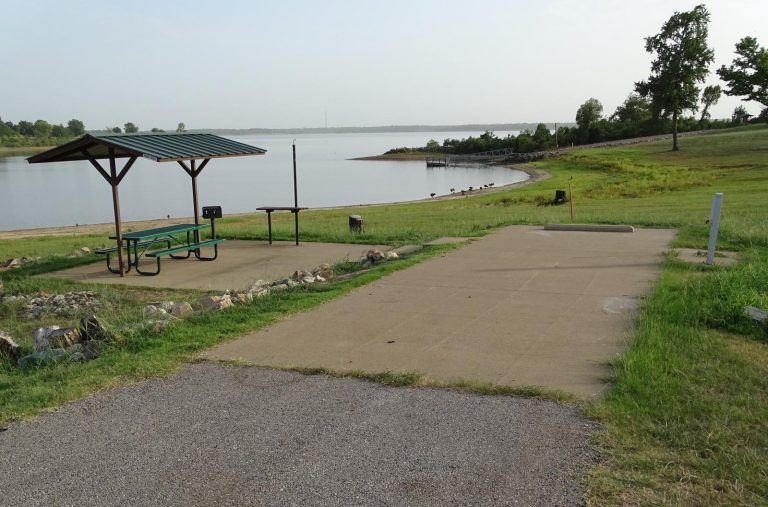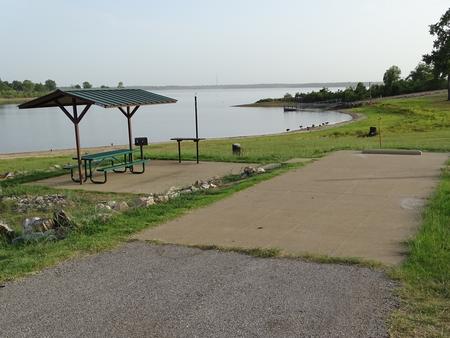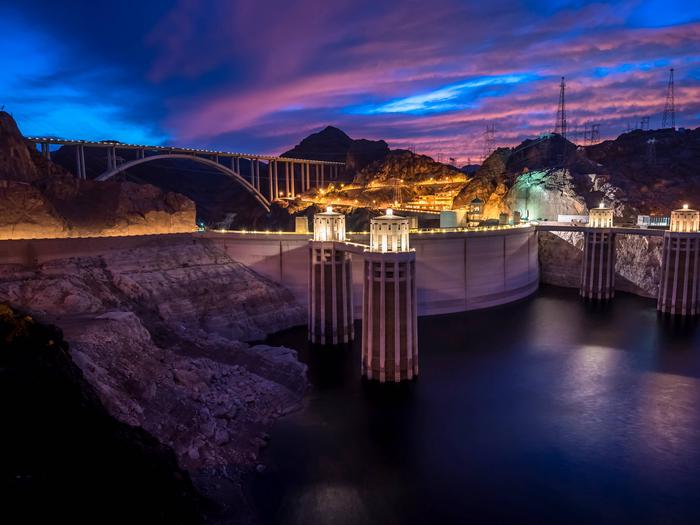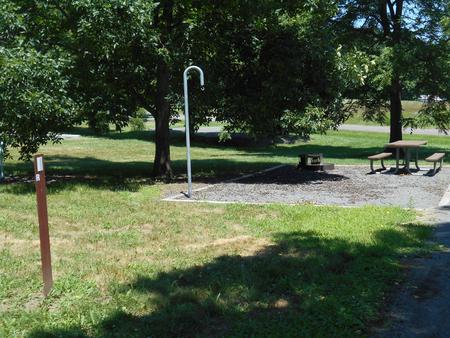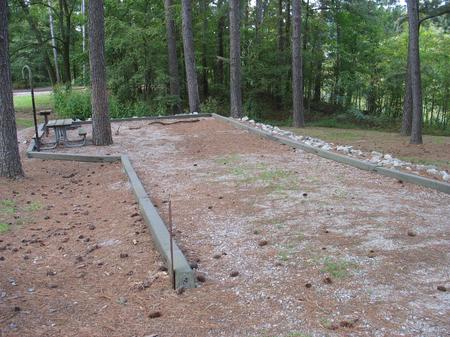Directions
A journey to the far-flung lands of the Unimak Island Wilderness within the Alaska Maritime Refuge almost always involves a boat. Tour boats, ferries, planes , cruise ships or your own boat can transport you to parts of the refuge. No refuge lands are accessible from the road system. Homer and Seward are the only road accessible communities near the refuge. All other communities in and near the refuge are accessible by scheduled air service and some such as Sitka, Seldovia, Kodiak, Chignik, Sand Point, King Cove, Cold Bay, False Pass, Akutan and Unalaska also have ferry service.
For those not ready to set sail, the Alaska Islands & Ocean Visitor Center and Refuge headquarter at 95 Sterling Highway # 1, Homer, Alaska, can be reached by vehicle and scheduled aircraft from Anchorage (225 miles).
Phone
907-235-6546
Activities
WILDERNESS
Camping Reservations
Reserve your campsite at these camping areas:
Hiking Trails
Looking for nice hiking areas to take a hike? Choose from these scenic hiking trails:
Related Link(s)
Alaska Maritime National Wildlife Refuge
The Unimak Wilderness now contains a total of 910,000 acres and is managed by the Fish & Wildlife Service’s Alaska Maritime National Wildlife Refuge. All of the Wilderness is in the state of Alaska. In 1980 the Unimak Wilderness became part of the now over 110 million acre National Wilderness Preservation System.
At almost one million acres, huge Unimak Island extends west from the tip of the Alaska Peninsula. Only a relatively thin strip of sea separates Unimak from Izembek National Wildlife Refuge, and Unimak Island may someday transfer from being a subunit of the Aleutian Islands Unit of the Alaska Maritime National Wildlife Refuge to being a part of Izembek. About 93 percent of Unimak Island has been designated Wilderness.
Here you’ll see the nearly perfect cone of Shishaldin Volcano, the highest cone in the Aleutians. At 9,372 feet, it served as a navigational aid first for Aleuts and later for Russian seafarers. Shishaldin and two other Unimak volcanoes are active, surrounded by extensive lava flows and fields of bare ash. On the highest peaks of the island lie perpetual snowfields, some covering glaciers. Fisher Caldera has gone dormant and is now filled with icy water.
The coastline features steep bluffs with many offshore sea stacks where seabirds and marine mammals may be seen frequently. Near the shoreline, wetlands provide nesting, feeding, and resting habitat for waterfowl and shorebirds, including whistling swans, geese (Canada, emperor, and black brant), sea ducks, mallards, pintails, gadwalls, green-winged and common teal, common goldeneyes, and greater scaup. Brown bears have migrated to Unimak, swimming from the mainland and living near caribou, wolves, and wolverines.
The coast of Unimak offers sea kayaking possibilities, and the interior, although typically wet and virtually without trail, provides an opportunity to hike across rolling tundra and treeless grasslands, a wild and lonesome land. Carry a stove and plenty of fuel; firewood is scarce away from the driftwood-littered shore.

